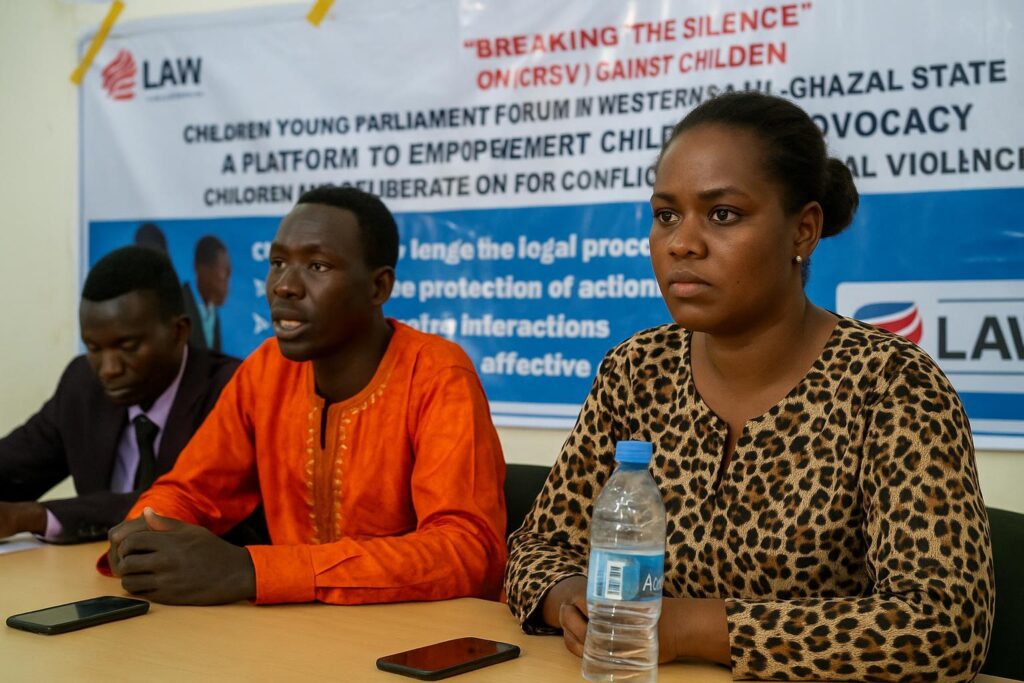Rising Youth Advocacy
Standing before students in Juba, activist Jockino Samuel Futu described a stark paradox. During war, he observed, youth fill eighty to ninety percent of the front lines. Yet, once calm returns, their presence in negotiation rooms shrinks dramatically.
He urged governments to widen decision-making tables, insisting youthful voices can refine policy and cement durable peace.
Numbers Behind the Leadership Gap
Futu cited current quotas reserving only twenty percent of leadership seats for youth, contrasted with thirty-five percent for women. The imbalance, he argued, feels tokenistic given that young people constitute roughly seventy percent of the national population.
He warned that sidelining such a demographic majority risks undercutting reform agendas and weakening social cohesion.
Education Beyond Employment
To close the gap, the activist encouraged peers to pursue learning not merely for jobs but for critical thought. ‘Without education, meaningful change is impossible,’ he told listeners, urging them to harness classrooms as springboards for innovative national ideas.
Forging a Shared Youth Identity
Futu appealed for unity that transcends religion, politics and clan. He asked young citizens to prioritise their common ‘youthhood’, craft fresh visions for the country and enter debates equipped with evidence rather than factional labels.
Looking Ahead
His call echoes across university halls and social media threads, where young Africans increasingly seek substantive roles in governance. Whether leaders accommodate that energy may determine how lasting peace and inclusive prosperity unfold.


